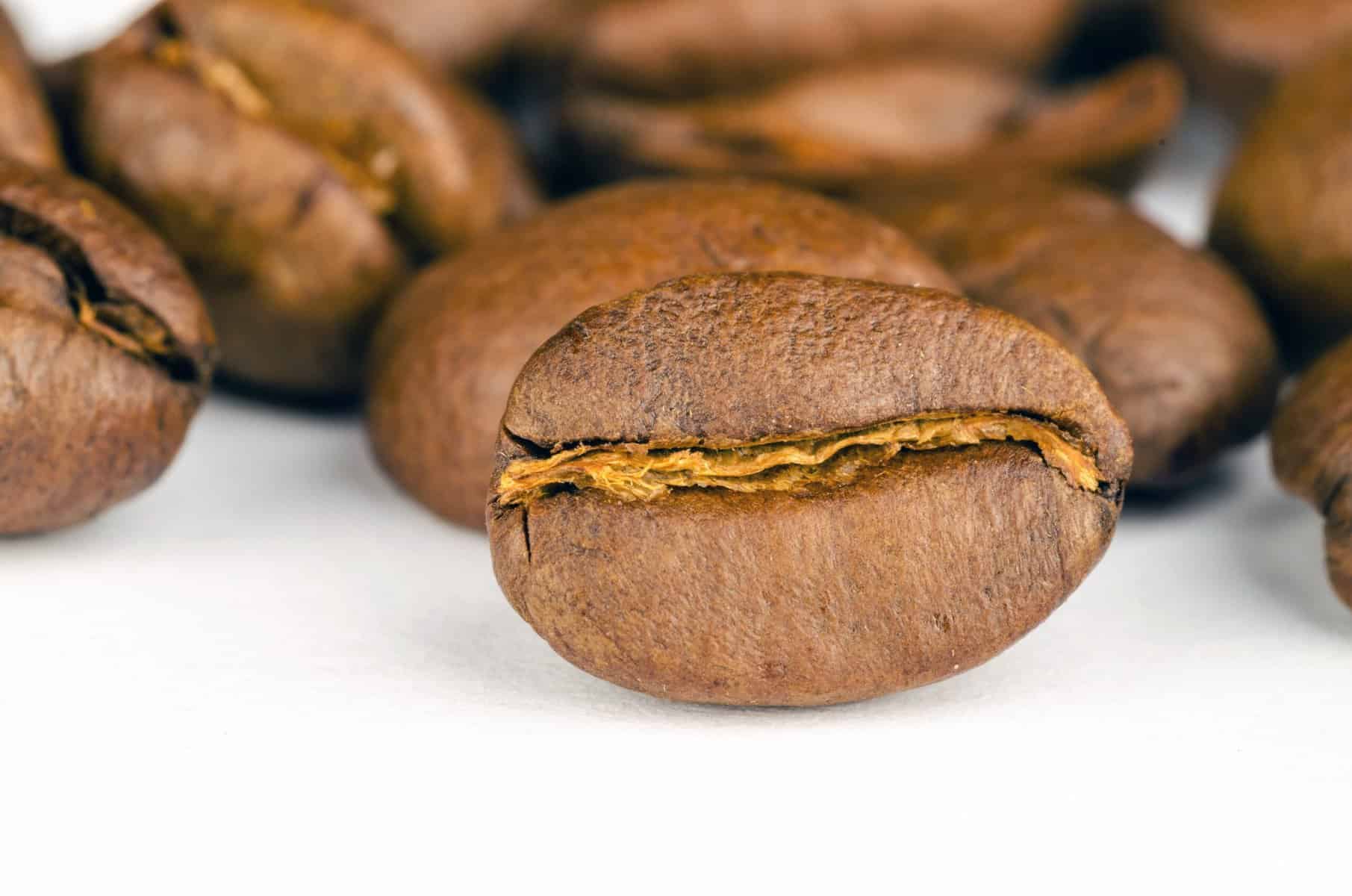In the heart of Costa Rica, a coffee revolution is brewing, and it might just be the answer to the industry’s looming challenge: the detrimental effects of climate change.
Researchers have long pointed out the potential impact of a warming climate on coffee production and farmer livelihoods worldwide. The vulnerability of coffee crops to diseases, droughts, and extreme weather events due to the global climate crisis is a concern for every coffee enthusiast and farmer. Coffee, specifically the arabica species, which accounts for 70% of the global production and is favored for its smooth, low-acidity flavor, is under threat.
Acknowledging this predicament, Seattle-based coffee giant Starbucks has stepped in with a potential game-changing announcement. From its research farm, Hacienda Alsacia, in Costa Rica, Starbucks has developed six new climate-resistant coffee varietals. These specially cultivated seeds are not only resistant to the ravages of climate change but also specifically combat coffee leaf rust, a disease exacerbated by rising global temperatures.
This move is part of Starbucks’ ongoing initiative, which began half a decade ago, with the aim of distributing resilient tree seeds to coffee suppliers and farms. Although the specifics of the initiative’s cost remain undisclosed, it’s evident in the company’s commitment to the cause, having already distributed over 3 million seeds.
Costa Rica’s position in this significant development is noteworthy. The country, which is renowned for its coffee production, serves as the backdrop for Starbucks’ first and only coffee farm, Hacienda Alsacia. This farm has transformed into a global hub for research, development, and innovation in the coffee industry.
Arabica beans are the only type of coffee Starbucks uses in its 37,000 outlets across the globe. But the bean’s sensitivity to temperature fluctuations makes it particularly susceptible to premature ripening, leading to significant crop loss. The robusta bean, with its inherent resilience to heat, stands in contrast to arabica’s susceptibility. Yet, the latter’s rich flavor profile ensures its global demand.
Starbucks’ efforts in producing these resilient seeds have not only been to protect the iconic flavor of arabica beans but also to uphold the livelihood of countless farmers. Coffee grower, Sarada Krishnan, emphasized the critical nature of such endeavors. When affected by diseases like coffee leaf rust, farmers risk losing their entire yearly income.
Having personally witnessed the devastating effects of this disease on her Jamaican arabica coffee farm, Krishnan knows the value of Starbucks’ innovation. The company’s tests indicate that these new breeds not only resist the leaf rust but also produce higher yields in shorter time frames.
Starbucks remains unwavering in its dedication to the future of coffee. Their commitment goes beyond the scope of business. By providing these climate-resilient coffee tree varieties for free to farmers globally, Starbucks ensures that even farmers who don’t sell to the coffee conglomerate can benefit from these advancements.
Global Coffee Week has shone a light on their ambitious goals for the future of coffee. From the remarkable work carried out by agronomists at Hacienda Alsacia to Starbucks’ 10 Farmer Support Centers worldwide, the company’s vision for a sustainable future is clear.
Starbucks’ open-source agronomy initiative is a testament to their commitment, reflecting the company’s ethos from 2004 when they developed one of the industry’s first ethical sourcing standards – the Coffee and Farmer Equity Practices.
As the threat of climate change looms larger, initiatives like Starbucks’ research and development in Costa Rica offer a glimmer of hope. Ensuring that the beloved brew continues to be a staple across households worldwide requires a collaborative effort, and Costa Rica stands proudly at the forefront of this mission.






